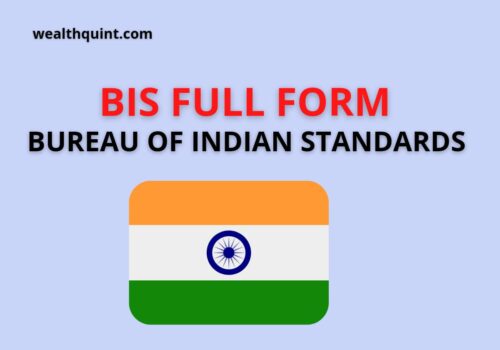What is The Full Form Of RTI?
RTI full form is the Right to Information Act.
India is a democratic country. Every citizen has the right to get information and transparency in information. It is an act that came into existence in 2005. According to this act, every citizen of India has the right to get information from public sectors or institutions by paying a certain amount of fees which is prescribed by the Central and State governments. They get information related to inspecting works, documents and records, take notes, take certificates, samples of the material or obtain information from electronic modes.
Salient Features Of Right To Information Act 2005
There are some saline features of RTI which are discussed below:-
- All citizens possess the RTI means all the citizens of India have the right to get the information that is influenced by the government or public sectors.
- The Person obtains the information within 30 days after giving the written application to the APIO. If the information related to the life of any person is provided within 48 hrs by the APIO.
- Every APIO is responsible to provide the information whether it is written form or electronic means.
Some Information Is Prohibited To Obtain From The Public
- If the person is not satisfied with the information provided by APIO then he appeals to the Central and State Government.
- The Right to Information Act is applicable only in Public authority. Which include all the sectors which came under government regulations or control.
- RTI act does not apply to the Internal or Foreign Private institutes.
- RTI act extends all India except Jammu and Kashmir.
- A reasonable payment is charged to the people who request to obtain information. The payment is different in different states. The Central Government has its fees structure and the state government has its separate fees structure. But the government does not charge a fee to people under BPL.
- If the APIO is not able to provide the information within the time limit then the fee is returned.
- If API does not provide information or makes any default or refuses to give information then he will be punishable for Rs 2500 per day till default continues but does not exceed up to Rs 25000.
The Procedure Of Obtaining Information Under Right To Information Act
- Submission of Application: Firstly the person who wants to get the information must apply in Hindi, English, or the official language whichever is suitable to him, and in written or electronic mode to the PIO. The application must be in standard form if there is no standard form available then written on plain paper. In the application, all the details are mentioned like the name, address of the applicant. There is no need to give any reason to getting information.
- Deposition of Fees: After submitting an application a prescribed fee is charged to him. Various modes are available like cash demand, Indian postal order.
- Disposal of Request: The specific period is required to give information by APIO which is 30 days, if related to life and liberty of a person is 48 hrs, related to 3rd party is 40 days.




